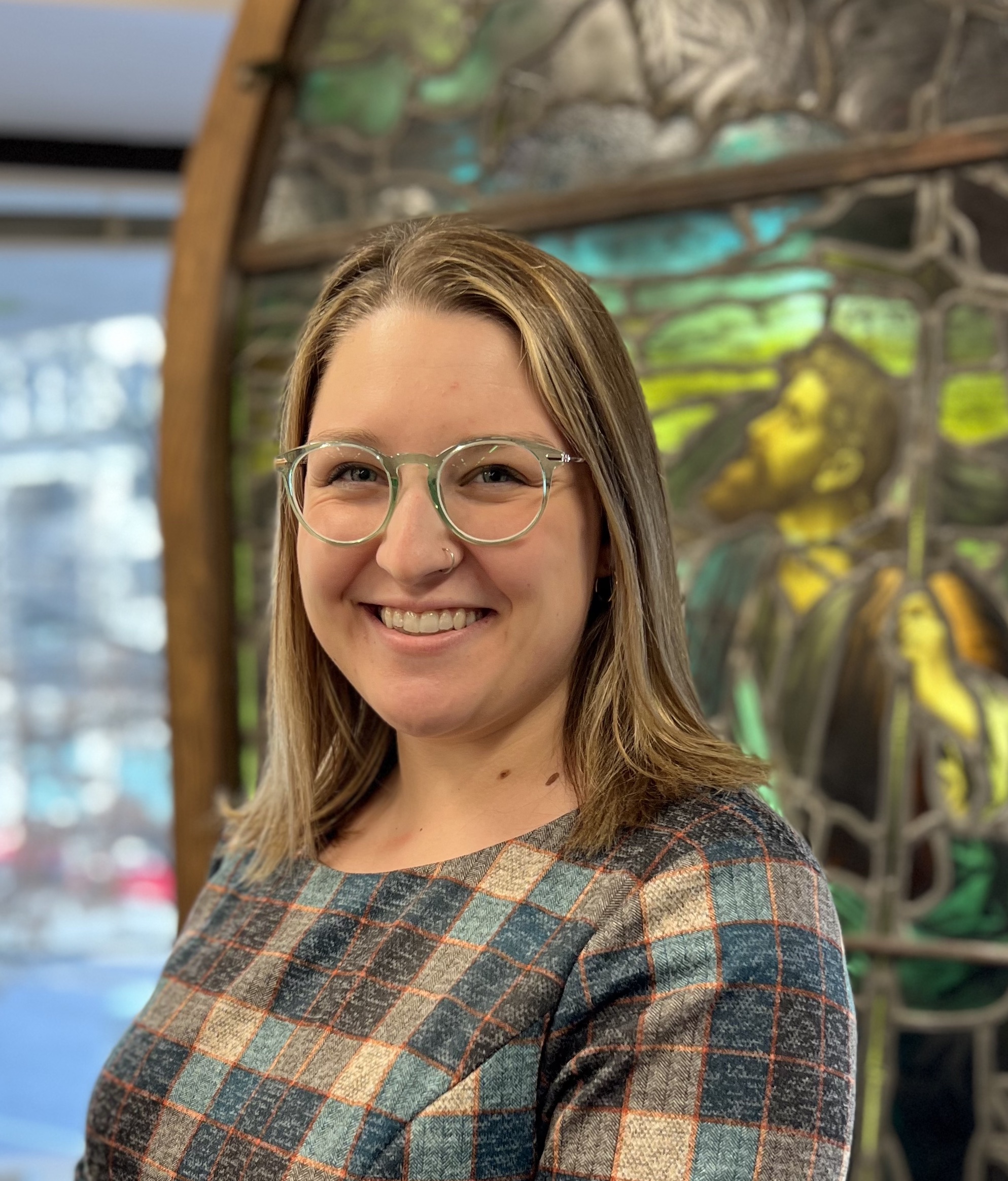Tuesday night, Rabbi David Saperstein, the former U.S. Ambassador at-large (AAL) for International Religious Freedom (IRF), addressed students at Brigham Young University on the topic of religious pluralism at a time of polarization. He used the theme to relate the importance of religion in public life. Questioning whether the age of democracy is passing by, there is a clear pattern of autocratic rule that has marked human history according to Saperstein.
Rabbi Saperstein posed the moral question, where in a world where you can do anything, what should you do? He says the response is a fundamental challenge facing humanity, and calls upon religious communities to offer an answer with their “urgent, profound, dispensable wisdom.”
For religious communities to be effective, Rabbi Saperstein argues that there is a need for religious freedom. “Religious freedom will allow multi faith cooperation in order to geometrically expand and impact the global community.” He said “it requires religious pluralism that defies the polarization that plaques nations across the world.”
He notes that religious freedom was essential to the establishment of the United States and helped lead to 2 foundational international religious documents. First, being the United Nations Universal Declaration of Human Rights (UDHR). Article 18 affirms:
Everyone has the right to freedom of thought, conscience and religion; this right includes freedom to change his religion or belief, and freedom either alone or in community with others and in public or private, to manifest his religion or belief in teaching, practice, worship and observance.
Second, being the International Covenant on Civil and Political Rights which further affirms the same information in its Article 18.
More specifically on the subject of IRF, Rabbi Saperstein shared some prominent statistics stating that ¾ of nations in the world do not have serious religious freedom restrictions, while ¼ of the world’s nations have restrictions either by government or societal, outside, non-state forces. Although at a glance, the statistics seem reasonable, except for when one realizes that the 25% with restrictions come from the most populous countries worldwide. Russia, Bangladesh, Pakistan, Nigeria, India, and China all earn themselves spots on the harrowing list.
Otherwise known as an “equal opportunity oppressors,” China not only engages in genocidal activity against Uyghurs, but oppressing and repressing the religious freedom of every religious group there. 80% of the world’s population is living in countries where religious freedom faces repressive and violent threats.
Such crimes that China is committing against the Uyghurs are hate crimes, which Rabbi Saperstein notes are unfortunately infiltrating the United States by means of hate groups. Examples of groups targeted by hate speech that has been exacerbated by social media and then in public groups are to groups such as: Muslims, Jews, women, and members of the LGBTQ+ community.
Saperstein said such hate crimes are “more than mere acts of violence, murders, beatings, arsons, desicrations.”
“Acts of violence are nothing less than attacks on values that are pillars of our republic and the guarantourance of our freedom. They are the betrayal of the promise of America and erode our national wellbeing.”
Changes must be made to heal the broken world in 3 social categories according to Saperstein; people, institutions, and government policies. “Religion doesn’t just talk the talk, it walks the walk on institutional change,” Saperstein said. He also called on government policies to address causation of problems rather than correlation.
Rabbi Saperstein put his emphasis on religious freedom and cooperation for the later part of his talk, saying that society must embrace them for religious pluralism to take hold. He noted that although we have issues, when we act together effectively it can be transformative. When groups defy polarization, they model the America that Saperstein says we all hope to create.
Religious pluralism allows for the existence of competing religions of truth. Rabbi Saperstein argues that we have not yet grasped the richness of God’s pluralism in our lives. He notes that religious pluralism means more than accepting or affirming one another, it recognizes the true blessing in a person’s existence.
Religious pluralism is not to be confused with tolerance. Tolerance is a “mode of advancing from oppression and repression to where we want to be,” but it is not sufficient enough to live well with deep diversity. Why? Tolerance does little to overcome fear, suspicion, and to accept differences.
He said:
“In requiring significant commitment of time and resources, the pluralism we all seek may represent the best of multi faith interactions because in real life tolerance is a general norm of civility, which could remain indispensable to community.”
In a deeper analysis of religious pluralism, Rabbi Saperstein claims that the ability to work together must never come at the price of silencing concerns. He suggests the challenge at hand is to agree to work together on matters we agree on, while also respecting fundamental differences on important issues.






Comment by Star Tripper on March 3, 2022 at 12:23 am
Religious pluralism……you mean globalism. Sorry Rabbi, go peddle that poisonous tripe elsewhere.